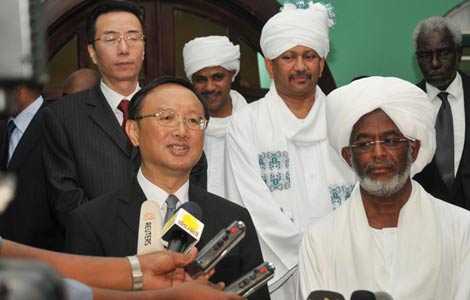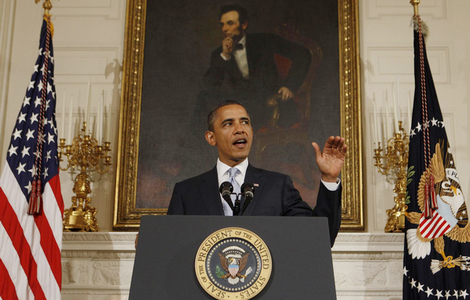Draft may expand lawsuits against government
Updated: 2011-08-10 07:18
By Zhao Yinan (China Daily)
|
|||||||||||
BEIJING - Chinese people may soon be able to challenge unreasonable administrative legislation - which is currently excluded from the scope of court hearings - in an attempt to ease intensified relations between officials and the public, a legal expert said.
Wang Xixin, a law professor at Peking University and contributing researcher of China's top legislature, told China Daily that related departments have started to draft the amendment to the Administrative Litigation Law, which will very likely add government regulations such as urban planning to the scope of judicial hearings.
"It is a big deficiency in the current litigation regulation which doesn't allow the public to sue regulatory documents, government decisions and other regulations, since such government decisions usually exert a constant and wide-ranging impact on the people and will seriously infringe on civic rights, if ill-drafted," Wang said.
Wang has taken part in seminars held by different government departments to solicit experts' opinions on the revision, including the Supreme People's Court and China Law Society.
"In addition, the Chinese government has to honor promises it made in the World Trade Organization Accession Protocol in 2001, when China agreed to establish an impartial and independent judicial body to review all the WTO-related administrative actions," he said.
China's Administrative Litigation Law, which took effect in 1990, stipulates administrative actions subjected to judicial hearings must be "concrete actions", such as administrative punishments, interference with the operations of enterprises, and violations of rights of the person or a property right. Such hearings, carried out in the local people's courts, are not permitted when it involves national defense and foreign affairs, administrative regulations, and the appointment, rewards and punishments of officials.
In a recent case, a local court in Chongqing municipality refused the request from a woman who tried to file a case against a government document related to the compensation of land seized in the city.
"The government document, which has a universal binding effect, is not subject to court hearings, according to the Administrative Litigation Law," the court stated in an administrative verdict on the website of the plaintiff's lawyer Lin Wencai.
Lin, a renowned administrative lawyer, told China Daily that cases of people suing the government are on the rise, due to rapid social and economic development which brought increasing friction between the public and officials.
Yet he admitted the limitation in the litigation law has made many cases almost impossible to solve.
"Sometimes I have to handle more than 20 cases just in one month, but most of them have to be addressed through meditation instead of a court hearing," he said, adding meditation has become the most useful tool to ease conflicts between officials and the public.
An official from the Legislative Affairs Commission of the National People's Congress, who declined to be named, told China Daily that it might be no earlier than next year until lawmakers are able to read the amendment, due to the complexity of the matter, he said.
Hot Topics
Anti-Gay, Giant Panda, Subway, High Speed Train, Coal Mine, High Temperature, Rainstorm, Sino-US, Oil Spill, Zhu Min
Editor's Picks

|

|

|

|

|

|







